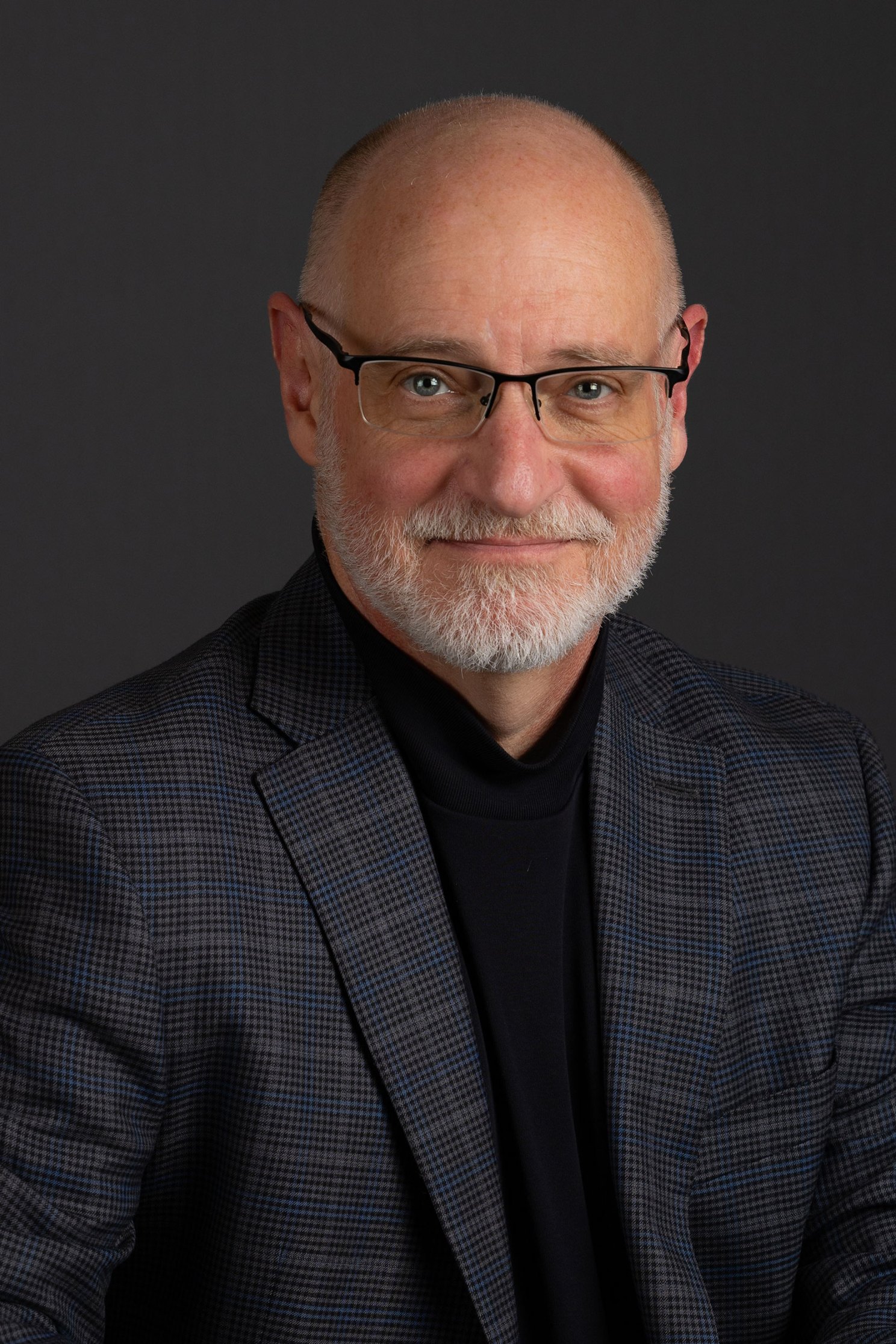
Michael Mortimer
Photo by Charlie Whitescarver
Sustainability programs’ focus will expand at Harvard Extension
New director brings global perspective as students address international concerns
Environmental challenges aren’t bound by borders. In response, Harvard Extension School is incorporating interdisciplinary collaboration, global perspectives, and international concerns into the curriculum, says Michael Mortimer, the new director of the School’s Sustainability and Global Development Practice Programs.
Mortimer founded the Center for Leadership in Global Sustainability at Virginia Tech, helping to establish educational programs in Argentina, India, China, Cuba, South Africa, and across the European Union before coming to Harvard. He is also co-author of “Leadership for Sustainability: Strategies for Tackling Wicked Problems.” He spoke with the Gazette about his strategy. This interview has been edited for length and clarity.
How will you address the dynamic challenges and opportunities in the rapidly evolving field of sustainability?
There are two aspects to achieving this. The first is working to stay abreast of emerging threats, responses, opportunities, and challenges. Then of course to be open to embracing the incorporation of all of these into the curriculum. Fortunately, HES is a relatively nimble institution where we can adapt to our changing world and evolving student needs. Second is recruiting new faculty and welcoming new content from our existing faculty. Many of these faculty have their fingers on the pulses of these cutting-edge issues. Environmental sustainability and sustainable development are changing in real time and our students should expect us to be out ahead of what they will face in their careers.
What is your strategy for incorporating global perspectives?
A global perspective is not some luxury for today’s sustainability and sustainable development practitioners. There is no environmental challenge that stops at political boundaries, least of all national borders. They are all transboundary and teleconnected. This is beyond debate. So, it is incumbent in programs like ours that we provide opportunities to engage with global issues and perspectives. That can come in the form of individual course content, with faculty from other countries and cultures, and also by adopting more focused programming. I think there is a place in our curriculum for field practicums or short-term residences abroad where our students could meet their peers and come face-to face with the local challenges; where students might meaningfully contribute to projects in those places. Likewise, I think an entire graduate course on understanding and developing intercultural competence is warranted. The importance of understanding your own culture, how you fit into a global community, and how then to work effectively in that community cannot be overstated.
Considering the urgency of climate change, how do you see the role of the Sustainability Program in influencing or advocating for environmental policy changes at the local and national levels?
I actually don’t see myself or our programs primarily through an advocacy lens. While I and others here have strongly held beliefs about all sorts of environmental issues, I am reluctant to imprint students with those views. Or to seek to turn out graduates who see themselves as advocates above all else. The responses to environmental and development problems will be found in many approaches, of which advocacy might only be one. Technical fluency and expertise, leadership and management “soft” skills, patience and thoughtfulness, robust systems thinking, and awareness of one’s own biases can all be more effective — depending on the situation — than advocacy. The world is a complex, multipolar place with a vast range of cultural norms and values. In that world, sustainability can be constructed and achieved in very distinct and context-specific ways. I see our program’s role as equipping our students with the range of tools to empower them to be effective in their own advocacy, policy analysis or development, community outreach, organizational change, or whatever goal they have. So, we influence change — at all levels — very much indirectly via the respective decisions and efforts of our graduates.
Given the interconnected nature of sustainability, how will you foster interdisciplinary collaboration within the program to ensure students grasp the holistic perspective of sustainability, encompassing environmental, social, and economic dimensions?
While many natural resources and environmental disciplines indeed remain stovepiped even today, sustainable development is ultimately about systems — natural, social, technical, and political — and how they operate and interact with one another. Fortuitously, our students are inherently interdisciplinary, coming from a wide range of professional sectors, academic backgrounds, and even countries. The very acts of them engaging with their peer students, their faculty, and with our diverse coursework all but guarantees that they will be exposed to interdisciplinary thinking during their time with us.
What worries you the most?
The failure of nation-states to collaborate effectively in the face of transboundary environmental threats like climate change, declining global biodiversity, and old and new forms of pollution. Whether we like it or not, the anarchic world order all but ensures zero-sum gaming between nations, and that is deeply at odds with solving urgent problems. This manifests glaringly in the shortcomings of the United States to lead or to even get on board with other developed nations in many cases.
What gives you hope?
I sense that we are on the cusp of a generational shift — at least in the U.S. — in how the environment, consumption, tolerance, and acceptance of difference are perceived. I think much of the millennial and Z generations exhibit an environmental ethic, that once they come to hold the reins of governance and leadership, bodes well for the planet and the future of sustainability. I can witness this in my own Gen Z children, in the younger students — and in many older ones, too — in our programs, and across the media ecosystem. I am sanguine that changes in expectations, values, and norms are poised to transform society’s business as usual.




